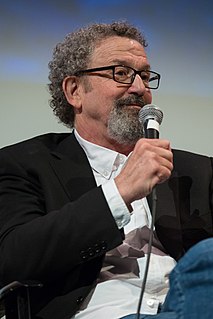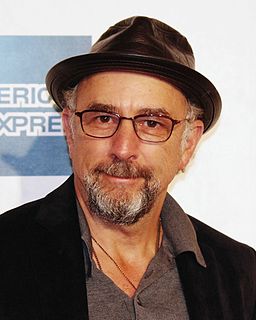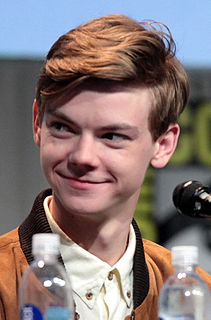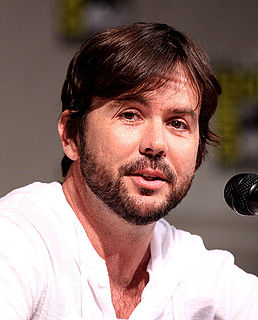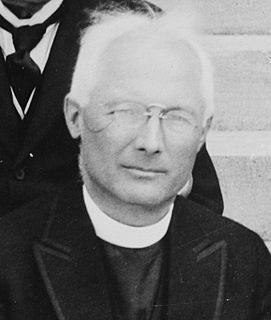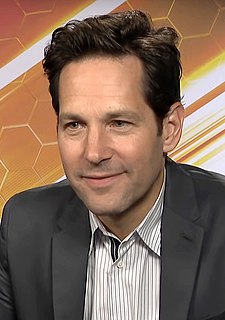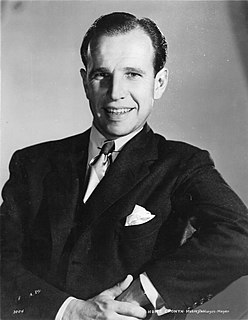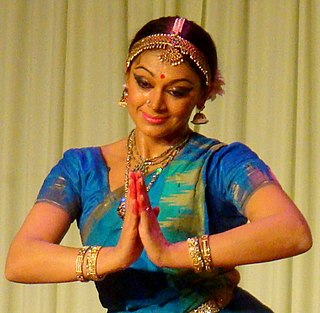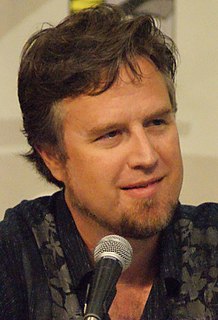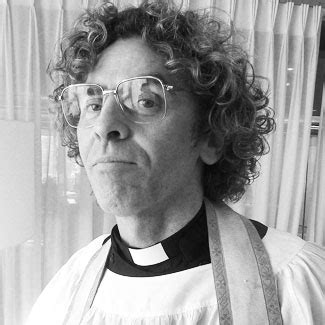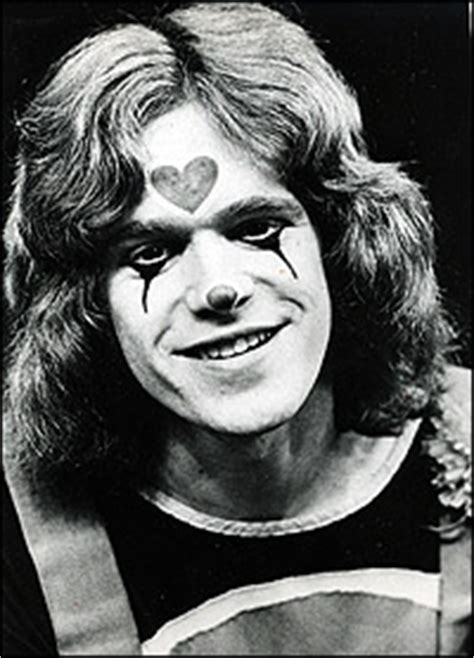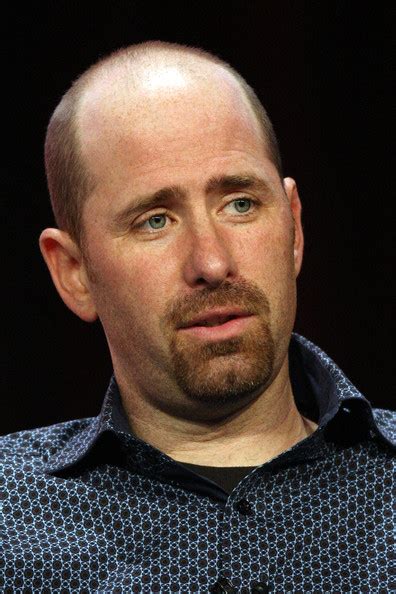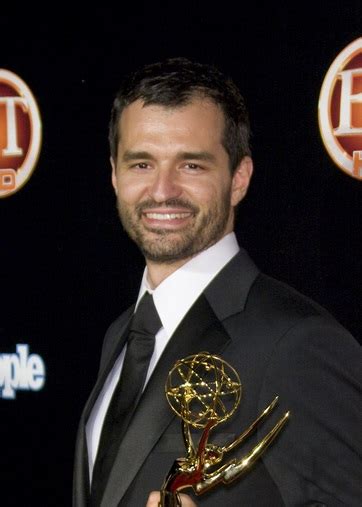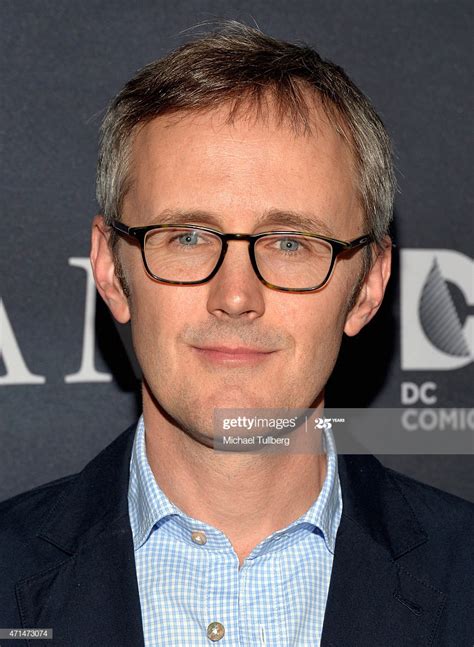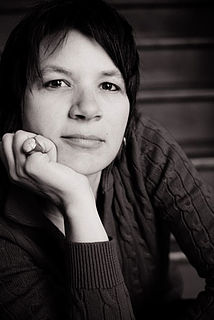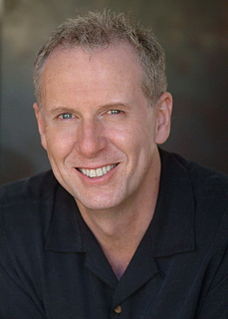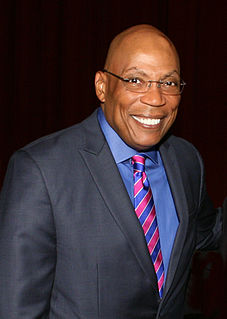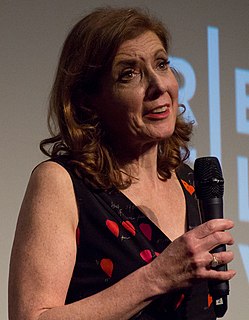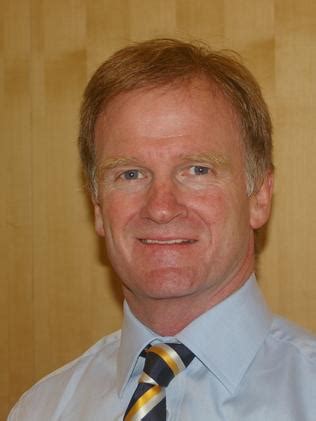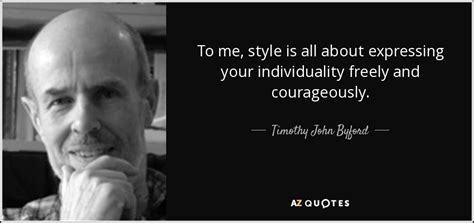A Quote by Thomas Schlamme
Just besides how smart Aaron Sorkin stuff is, really, is how visceral it is, how sensual it is. Not sexual, sensual. Always tactile. When you read his scripts, the scripts read fast and the words almost jump off the page.
Related Quotes
I had been used to improvising and even in the audition I was feeling free to rearrange Aaron Sorkin words a little bit, as lovely as they were. I didn't find out until after I got the part how furious Aaron was at me for doing that. They said, "He was livid. He did everything in his power not to jump down your throat!" But I came to realise that Aaron was writing in metre and the rhythm of the language is very important.
I've read a hundred fantastic scripts that didn't pan out as films, and I completely put that on the directors. I've also read some mediocre scripts that have ended up being amazing, and I credit that to the directors. They're the storytellers. If you don't have a good storyteller, you really have nothing.
A lot of actors choose parts by the scripts, but I don't trust reading the scripts that much. I try to get some friends together and read a script aloud. Sometimes I read scripts and record them and play them back to see if there's a movie. It's very evocative; it's like a first cut because you hear 'She walked to the door,' and you visualize all these things. 'She opens the door' . . . because you read the stage directions, too.
When I started, the scripts weren't as good, and you'd have to have a huge burst of energy to go, "Sheesh, how am I going to? This stuff's no good." So you'd have to improvise something or create something or try to work with the ware and try to figure out, how do you make this visually and orally acceptable, entertaining? Nowadays, the scripts are just so much better, that you don't have to feel that way. You feel like the script's coming to you, you can just relax. You don't have to drive the boat.
Teaching literature is teaching how to read. How to notice things in a text that a speed-reading culture is trained to disregard, overcome, edit out, or explain away; how to read what the language is doing, not guess what the author was thinking; how to take evidence from a page, not seek a reality to substitute for it.
